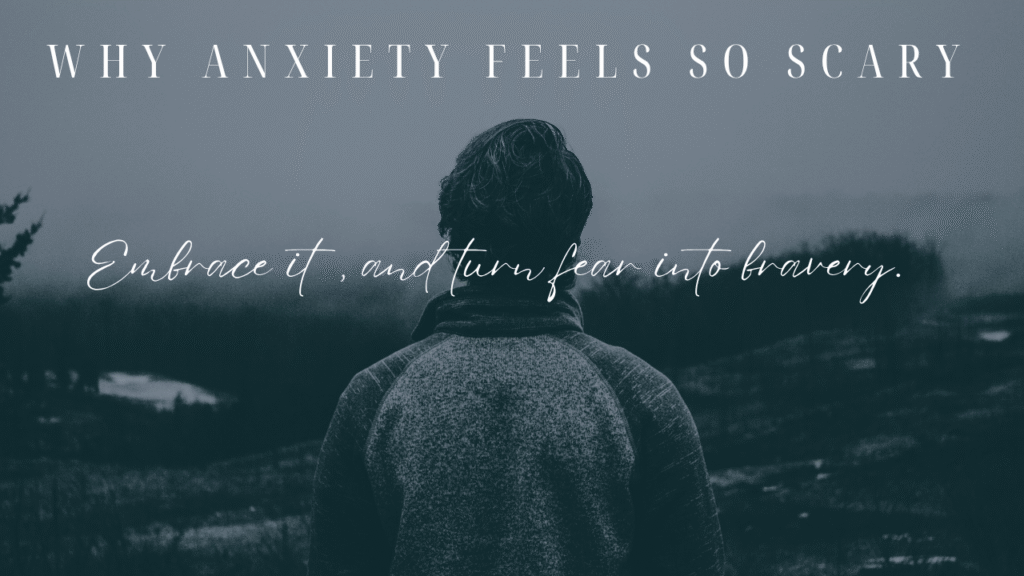You’re not tired because you’re weak. You’re tired because this world has trained you to believe that slowing down is falling behind. That rest is for people who don’t want it bad enough. That if you’re not constantly producing, optimizing, grinding, chasing—then you’re wasting time.
So we chase. Hard. From the minute the alarm goes off to the moment we collapse into bed with a phone still in hand. Squeezing productivity into every crack of the day. Feeling guilty for resting. Ashamed for needing a break. And honestly? Kind of numb from how normal the chaos has become.
But it’s not normal. Not the way God designed you to live. You weren’t built to run at this pace forever.
And if something in you already knows that, you’re not wrong. You’re just finally ready to do something about it.
Rest isn’t a luxury. It’s a survival skill. And if you don’t learn how to practice it, you’ll burn out chasing a life that doesn’t even feel like yours anymore.
Busy Isn’t the Problem. Burnout Is.
Some seasons are full. That’s fine. Life has demands. People need you. Work piles up. Kids get sick. Projects overlap. There’s nothing wrong with being busy for a while.
But when busy becomes your baseline—when there’s never room to breathe, when your schedule runs you instead of you running it—that’s a problem.
Because the human soul wasn’t built for nonstop input. We’re not machines. We’re not algorithms. We’re people. And people need pauses. People need space. People need stillness that isn’t earned, but simply allowed.
You can love God, work hard, and serve others—and still run yourself into the ground if you don’t understand rest.
And if you’re not careful, you’ll mistake adrenaline for strength. You’ll confuse movement for progress. You’ll think collapse is the same as rest. It’s not.
Collapse is what happens when you refuse to rest until your body makes you.
But there’s a better way. And it starts with learning how to stop.
Rest Isn’t Laziness. It’s Trust.
At the core of rest is something deeper than naps and slower schedules. It’s trust.
Because resting means surrendering control. It means admitting that the world doesn’t stop spinning if you step back. That your value isn’t tied to your hustle. That you can stop—really stop—and still be okay.
And for most of us, that’s terrifying.
Because busyness has become a security blanket. It gives us a sense of importance. It keeps us from facing what we’ve been avoiding. It makes us feel like we matter because we’re doing something.
But God never asked you to prove your worth. He asked you to abide.
He’s not impressed by your exhaustion. He’s not applauding your burnout.
He invites you into rest—not because you’ve earned it, but because He loves you.
And when you really believe that… when you stop long enough to actually receive that kind of love… rest stops feeling like failure and starts feeling like freedom.
You Can’t Pour Out if You’re Running on Empty
You’ve heard this a hundred times, but you’re probably still ignoring it: you can’t give what you don’t have.
And yet, we keep trying.
Trying to show up for everyone else while secretly falling apart inside. Trying to be present for our families when our minds are fried. Trying to do good work when our souls are drained. Trying to be emotionally available when we’re spiritually bone dry.
It doesn’t work.
You can white-knuckle it for a while. You can fake it. But eventually, the cracks show. And if you keep pushing without pausing, you won’t just burn out—you’ll break things that matter.
Relationships.
Health.
Calling.
Faith.
Rest doesn’t just recharge your body. It resets your priorities. It brings clarity you can’t access when your brain is in survival mode. It softens your heart when stress has made it hard. It reminds you that you’re human—and that’s okay.
Sabbath Isn’t Outdated. It’s Desperately Needed.
The world says, “Push harder.”
God says, “Rest.”
And He’s been saying it from the beginning. Not as a suggestion, but as a rhythm. Six days of work, one day to rest. Not because He needed it—because we do.
Sabbath isn’t legalism. It’s grace.
A space in your week where you stop doing and just be. A day where your worth isn’t based on what you accomplish. A day to breathe, reflect, enjoy, reconnect.
And no—it won’t always look perfect. Especially in different seasons. Maybe it’s not a full 24 hours. Maybe it’s a few intentional hours. Maybe it’s a tech-free evening or a slow morning or an unhurried walk.
The point isn’t the rule. The point is the rhythm.
And if you fight for that rhythm, it’ll fight for you.
You’ll start to feel things again. Hear God again. Be present again.
Because Sabbath gives your soul a chance to catch up to your body.
Rest Looks Different for Everyone—But You Need It Either Way
Some people rest by sleeping in. Others need solitude. Some need laughter. Some need quiet. Some need fresh air, or Scripture, or music, or a blank page.
You don’t need to copy someone else’s version of rest. You just need to find what actually restores you.
Not what numbs you. Not what distracts you. But what grounds you again.
Netflix might relax your body, but it won’t restore your soul.
Scrolling might help you escape, but it won’t bring peace.
Real rest doesn’t leave you feeling guilty or scattered. It reminds you who you are again.
And the more you practice it, the easier it gets to recognize the difference.
Start Small. Stay Consistent. Let It Sink In.
You don’t need a vacation to find rest. You just need a few honest moments where you stop running and let yourself be still.
Five minutes of silence before the day starts.
Turning your phone off an hour earlier.
Taking a walk without music or podcasts or distractions.
Reading something that feeds your spirit instead of just your mind.
Creating space to hear God without needing Him to fix anything—just be with Him.
It doesn’t have to be fancy. It just has to be real.
And yes—rest takes practice. If you’re used to running, stopping will feel wrong at first. You’ll fidget. You’ll check your phone. You’ll feel like you should be doing something “productive.”
That’s okay. Let it pass.
You’re unlearning something. You’re rewiring a habit of hurry.
And on the other side? Balance. Not the kind the world talks about. But the kind that reminds you—you’re not a machine. You’re not defined by your output. You’re not here to impress anyone.
You are allowed to rest.
You were made to rest.
And when you do, you’ll find that the world doesn’t fall apart—but something in you starts to come back together.



